From the code that runs our favorite apps to the books we read and the music we hear, copyright is the legal foundation that protects creative expression. Understanding its basics is essential for any creator or business.
What is Copyright?
Copyright is a legal right granted to the creator of an original work of authorship. It gives the owner the exclusive right to control how their work is used and distributed. Unlike patents, copyright protects the *expression* of an idea, not the idea itself. The moment you create something original and fix it in a tangible medium (like writing it down or recording it), you have a copyright.
What Does Copyright Protect?
Copyright law covers a wide range of creative works, including:
While your rights are exclusive, the law does allow for "Fair Use" of copyrighted material without permission for purposes like criticism, commentary, news reporting, and education. However, determining what constitutes fair use can be highly complex and is often the subject of legal disputes, making professional guidance essential.
- Literary Works: Books, articles, poetry, and computer code.
- Musical Works: Compositions and lyrics.
- Artistic Works: Paintings, sculptures, photographs, and graphics.
- Dramatic Works: Plays, screenplays, and scripts.
- Architectural Works: Building designs and blueprints.
